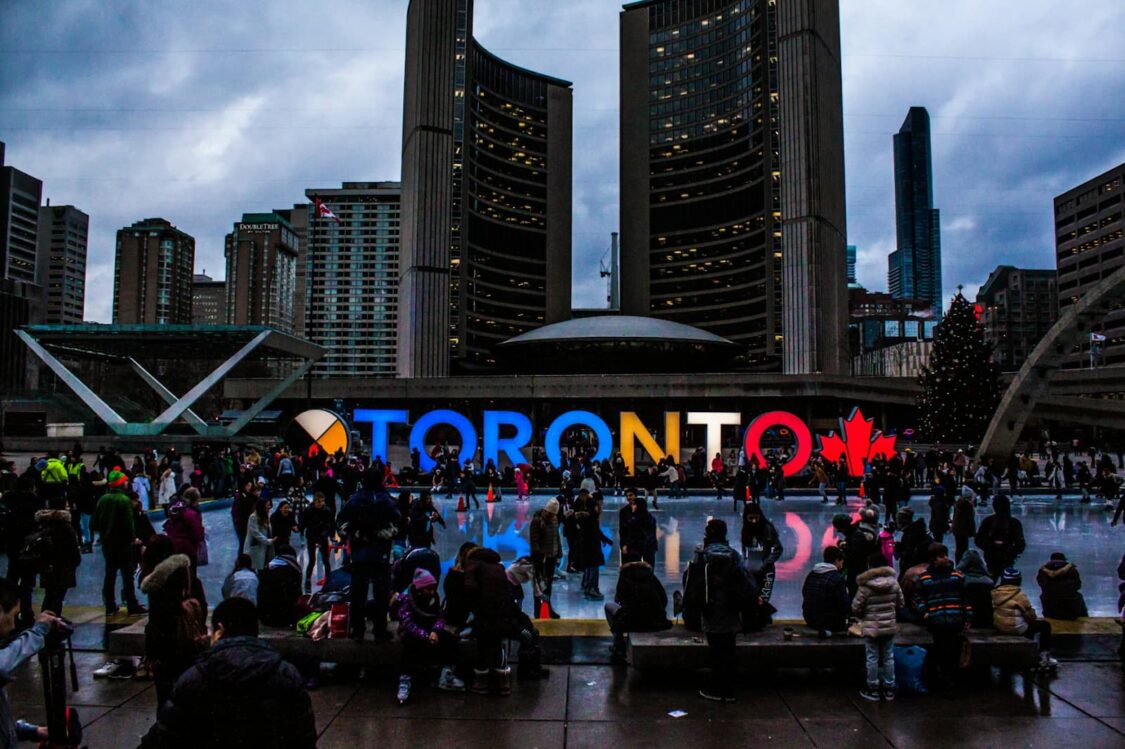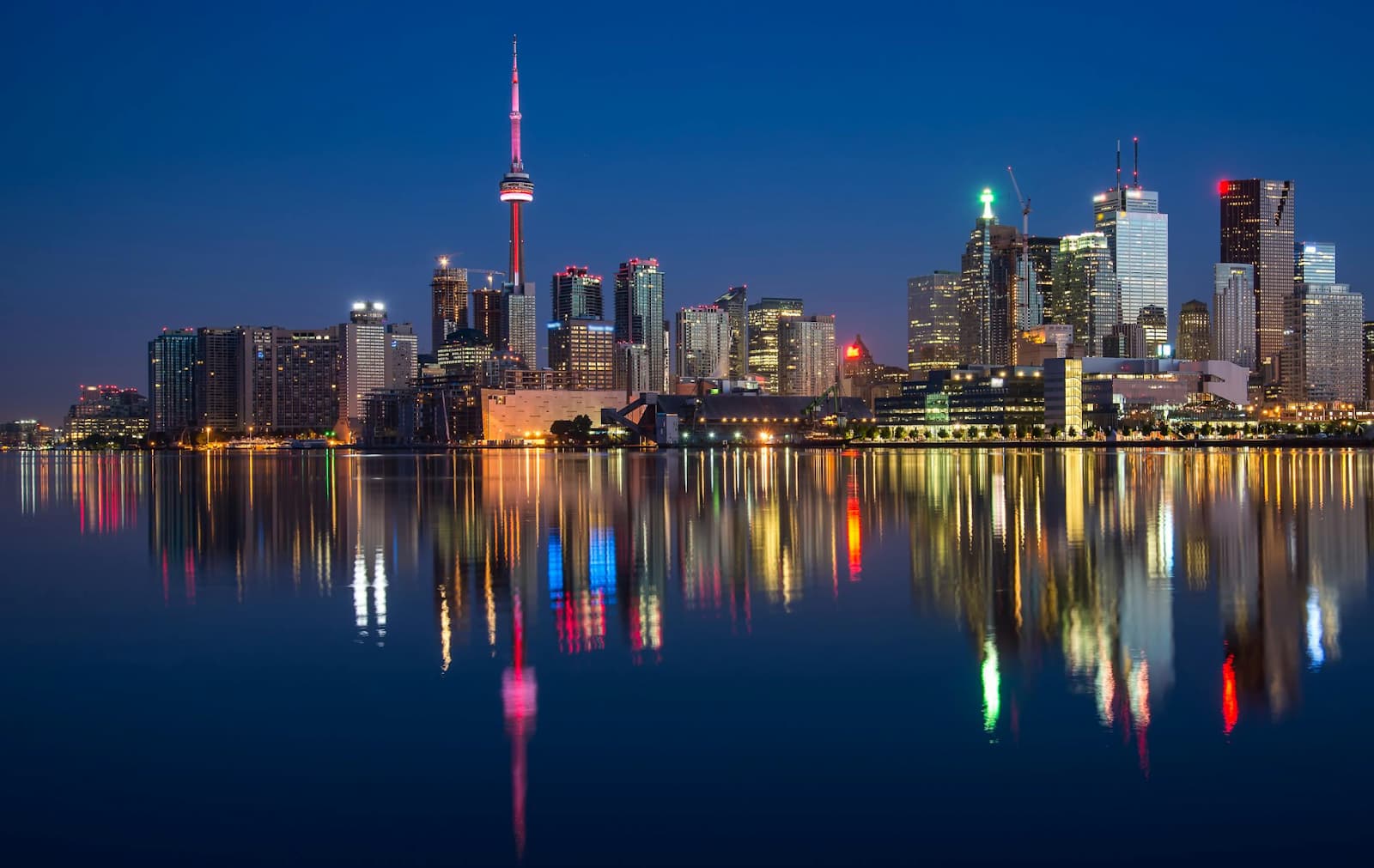Toronto, Canada’s largest city, is a dynamic metropolis brimming with cultural diversity and rich history. For students working on dissertations, this vibrant city offers an abundance of inspiration and resources to ignite fresh ideas, enhance research, and lend depth to academic pursuits. From its storied past to its multicultural present, Toronto provides fertile ground for exploration and creativity. Here’s how the city’s cultural and historical landscape can help you find inspiration for your dissertation. For more insights and academic guidance, visit https://studiecentrumassen.nl/.
1. The Cultural Mosaic: Diversity as a Research Catalyst
Toronto is one of the most multicultural cities in the world, with over 50% of its population born outside Canada. This diversity is reflected in the city’s neighborhoods, festivals, cuisine, and artistic expressions. For dissertation writers, particularly those in fields like sociology, anthropology, or urban studies, Toronto serves as a living case study.
Explore Kensington Market, a microcosm of global cultures, or visit Chinatown, Little Italy, and Greektown for firsthand observations of cultural integration and identity. These experiences can inspire dissertation topics such as immigration patterns, cross-cultural interactions, or the evolution of ethnic enclaves in urban settings.
The city also celebrates its diversity through events like the Toronto International Film Festival (TIFF) and Caribana. These occasions provide ample material for exploring themes like representation, media studies, and cultural heritage. Attend these events to gain unique insights that could shape your research.
2. The Historical Tapestry: Unearthing Stories of the Past
Toronto’s history is a treasure trove for researchers delving into historical studies, urban development, or even environmental history. Begin your journey at the Toronto Archives, a repository of documents, photographs, and maps that trace the city’s transformation from a colonial outpost to a global powerhouse.
Sites like the Distillery District, with its well-preserved Victorian industrial architecture, offer insights into Toronto’s role in Canada’s economic history. Similarly, a visit to Fort York, the birthplace of modern Toronto, can provide material for studies on military history, colonialism, or Indigenous-settler relations.
For those focusing on environmental or urban planning topics, the story of Toronto’s ravines and waterfront redevelopment projects, such as the revitalization of the Don Valley or the Port Lands, can serve as compelling case studies.
3. Art and Literature: Inspirations for Creativity and Analysis
Toronto’s thriving arts scene and literary heritage offer endless opportunities for inspiration. The city has been home to acclaimed authors like Margaret Atwood and Michael Ondaatje, whose works often explore themes of identity, place, and memory. Visiting landmarks like the Toronto Reference Library or attending literary festivals such as Word on the Street can deepen your understanding of the city’s literary culture.
If your dissertation involves visual or performing arts, the Art Gallery of Ontario (AGO) and Royal Ontario Museum (ROM) house collections that span centuries and continents. Both institutions regularly host exhibitions that explore contemporary social issues, making them excellent resources for critical analysis.
Street art, too, is an integral part of Toronto’s cultural identity. Areas like Graffiti Alley showcase public art that tackles themes such as gentrification, activism, and community identity, which could inspire dissertations in visual culture or urban studies.
4. Indigenous History and Culture: A Foundation for Understanding

No exploration of Toronto’s cultural and historical landscape would be complete without acknowledging its Indigenous roots. Long before it became Toronto, the land was known as Tkaronto, a gathering place for Indigenous peoples like the Wendat, Haudenosaunee, and Anishinaabe.
The city offers several avenues to explore Indigenous culture and history. The Spadina Museum and Fort York National Historic Site provide insights into Indigenous contributions to the region. Additionally, events like the Indigenous Arts Festival and spaces like the Native Canadian Centre of Toronto showcase contemporary Indigenous creativity and resilience.
For researchers interested in reconciliation, decolonization, or Indigenous perspectives in urban development, Toronto provides a rich, nuanced environment for study and dialogue.
5. Libraries and Academic Institutions: Supporting Scholarly Exploration
Toronto is home to world-class universities like the University of Toronto, York University, and Ryerson University (now Toronto Metropolitan University), each offering extensive libraries and research facilities. The University of Toronto’s Robarts Library, for instance, is one of the largest academic libraries in North America, housing millions of books, manuscripts, and digital resources.
Beyond academic libraries, public institutions like the Toronto Public Library system, with its 100 branches, provide free access to resources that can aid dissertation research. Workshops, lectures, and community programs hosted by these institutions can also spark ideas and connect you with like-minded scholars.
6. Cityscapes as Metaphors: Urban Life in Focus
Toronto’s ever-evolving skyline and urban sprawl serve as metaphors for change, resilience, and innovation. If your dissertation explores themes like urbanization, public policy, or architecture, the city itself can become your subject. Study the history of iconic structures like the CN Tower or delve into community initiatives such as urban farming in the city’s green spaces.
Take a walk along the PATH, Toronto’s underground pedestrian network, to observe the intersection of commerce, culture, and urban planning. Similarly, neighborhoods undergoing gentrification, like Parkdale, raise questions about housing policies, economic disparity, and cultural preservation—ripe topics for critical inquiry.
7. Networking and Mentorship: Building Your Academic Community
Toronto’s academic and professional networks are invaluable for dissertation writers. Attend lectures, seminars, and networking events at institutions like the Munk School of Global Affairs or the Massey College. Connect with professors, peers, and industry professionals to refine your research ideas and gain constructive feedback.
Community organizations and cultural groups also provide opportunities for fieldwork and partnerships. Collaborating with local organizations can enhance the real-world relevance of your dissertation while giving back to the community.
Conclusion: A City of Endless Possibilities
Toronto’s rich cultural diversity, deep historical roots, and thriving academic environment make it an ideal city for dissertation inspiration. Whether you’re exploring its neighborhoods, delving into archives, or engaging with its arts and academic communities, Toronto offers endless opportunities to enrich your research. By immersing yourself in its vibrant landscape, you’ll not only find new perspectives for your dissertation but also create a meaningful connection with the city and its stories.
